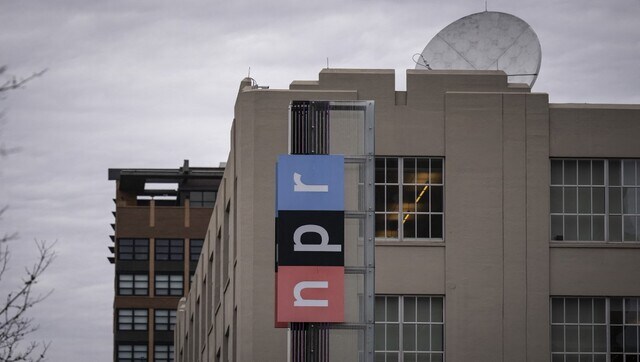Elon Musk On TikTok Ban: ‘Will be great for Twitter, but generally I am against banning things’
In his recent interview with the BBC, Elon Musk was asked about the US Restrict Act and what he thinks of the US banning TikTok. Musk replied, by saying that he doesn't support banning anything in general. He also revealed that he did not use TikTok.

In his recent interview with the BBC, Elon Musk was asked about the US Restrict Act and what he thinks of the US banning TikTok. Musk replied, by saying that he doesn't support banning anything in general. He also revealed that he did not use TikTok.
TikTok is facing an imminent ban in the US, with lawmakers gearing up to pass the US RESTRICT that would allow the US President and the US Commerce Secretary to ban all apps and technology that it feels would be detrimental to national security.
While the US has its own agenda, and there is a very good chance that the bruhaha over TikTok is the result of a long and concerted effort by social media platforms based in the US, Elon Musk has said that generally, he is against banning things.
Musk on banning TikTok
Speaking to the BBC during Wednesday’s Twitter Space session, Musk was asked about the US potentially banning the Chinese app TikTok because of national security concerns.
To begin with, Musk claims that he does not use TikTok, the most downloaded app in the last two years.
He also offers a realistic assessment of the possibility of a ban.
“I’m typically opposed to bans. I mean, I think it would assist Twitter if TikTok was banned since people would spend more time on Twitter and less time on TikTok.
“However, even though that would benefit Twitter, I am generally opposed to banning things.”
Calls for a ban getting stronger
The US government has banned TikTok on federal government-issued devices due to national security concerns over its China-based parent company, ByteDance. The US fears that the Chinese government may leverage TikTok to access those devices and US user data. However, it is important to note that this ban only applies to federal government-issued devices and not personal devices.
Having said that, the US Congress is pushing the Restrict Act forward, in a rare, bipartisan move. Several US lawmakers have stated that through the Restrict Act, the US will be able to protect all US citizens against illegal surveillance by foreign tech companies.
The Restrict Act is not what is being hyped up to be
The Restrict Act is a proposed bill that would give the US President and the Secretary of Commerce the power to review and prohibit certain transactions involving information and communications technologies products or services from foreign adversaries, such as China, Russia, Iran, Cuba, North Korea and Venezuela. The bill aims to address technology-based threats to the security and safety of Americans.
However, some critics argue that the Restrict Act is problematic because it lacks transparency, accountability and due process. For example, the Electronic Frontier Foundation (EFF) claims that the bill would allow the government to ban companies from operating in the US without the public ever knowing the basis for the ban.
The bill also does not provide any judicial review or appeal mechanism for affected companies or users. The EFF also warns that the bill could be used to censor or suppress dissenting voices or unpopular opinions on platforms that are deemed as foreign adversaries.
Read all the Latest News, Trending News, Cricket News, Bollywood News,
India News and Entertainment News here. Follow us on Facebook, Twitter and Instagram.
also read

Elon Musk plans China visit, seeks meeting with premier
A visit by Elon Musk would mark his first visit to China since the COVID-19 pandemic and since Xi Jinping secured a third term as China's president

Elon Musk and experts call for halt in 'giant AI experiments'
An open letter, signed by more than 1,000 people so far including Musk and Apple co-founder Steve Wozniak, was prompted by the release of GPT-4 from Microsoft-backed firm OpenAI

Twitter labels US radio network NPR, BBC as 'government-funded'
The change happened quietly at night and comes after the network complained that the term 'state-affiliated' was disparaging and inaccurate
